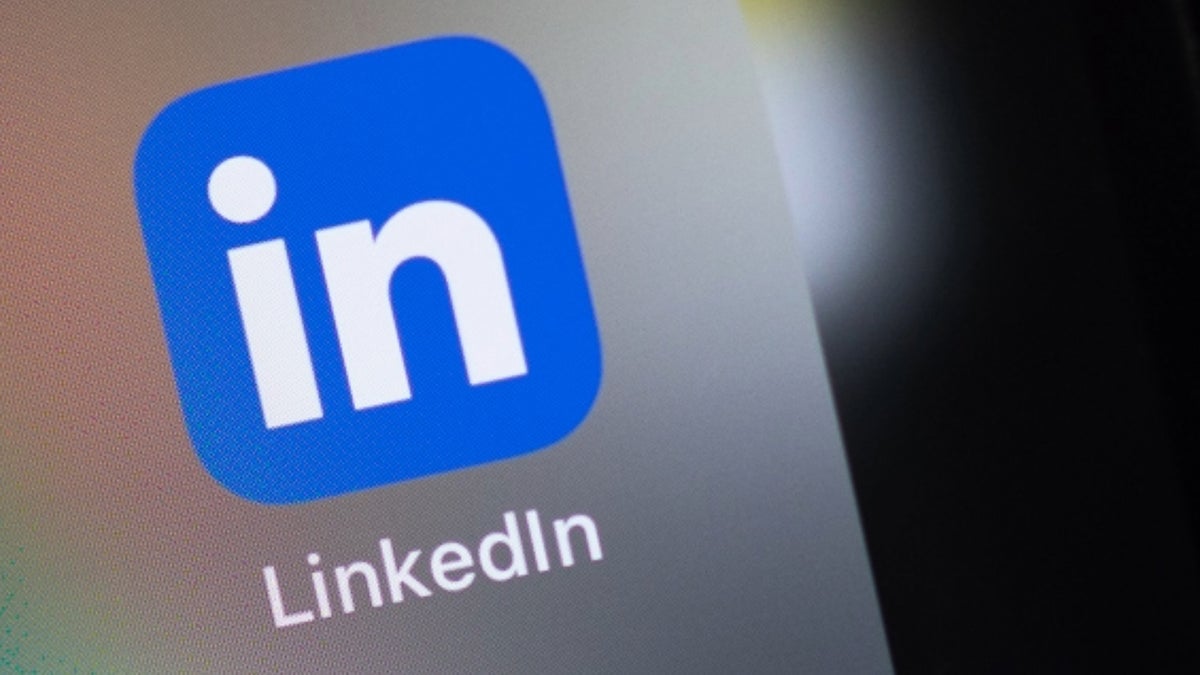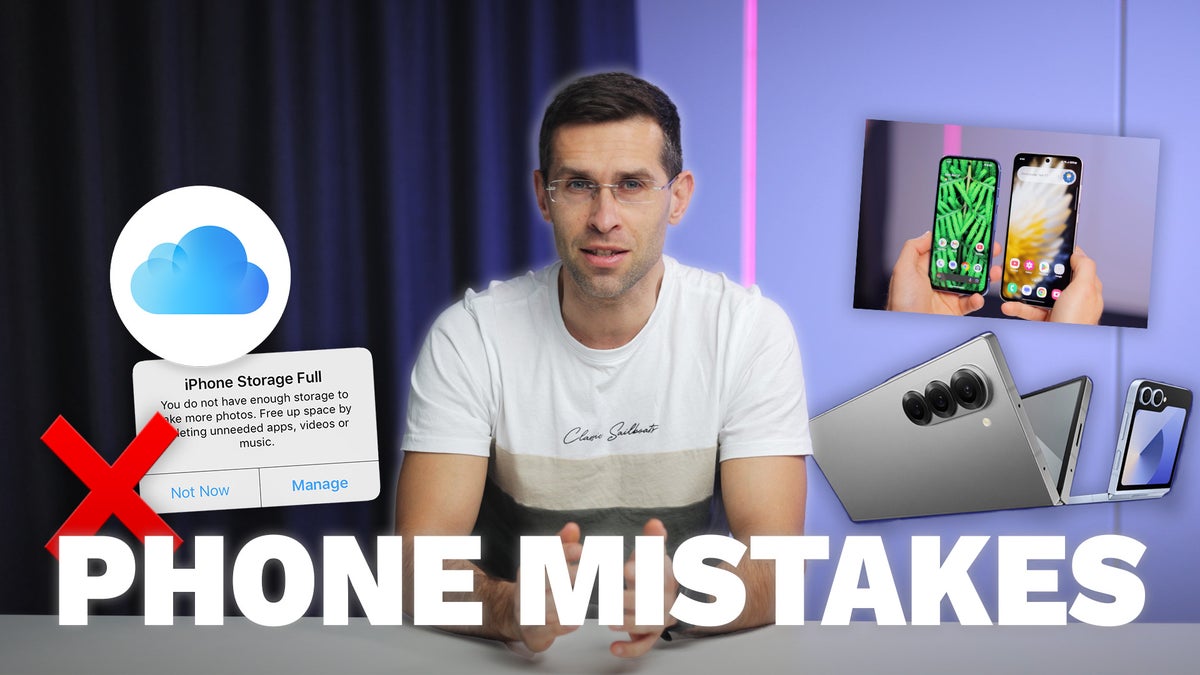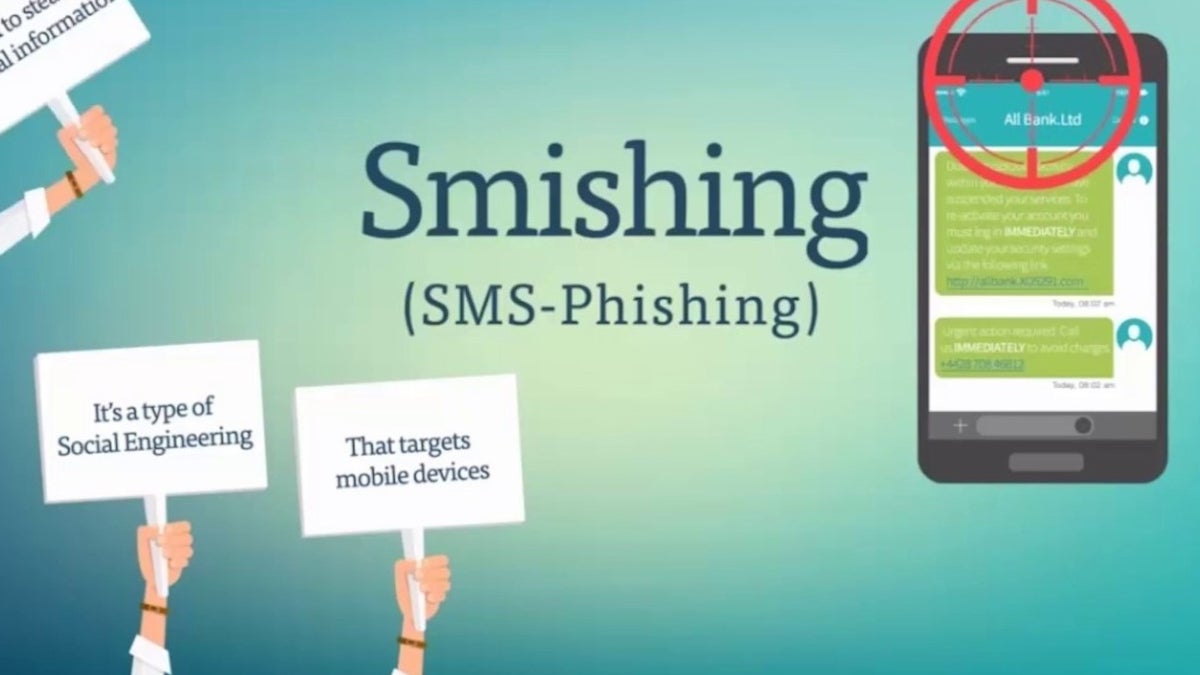
In the world of artificial intelligence, data has become an incredibly valuable advantage for developers and companies alike. Usage patterns and thousands of thousands often contribute to millions – from users to train artificial intelligence models. Now, LinkedIn, the world’s largest professional communication platform, finds itself with hot water. A new lawsuit accuses the company of the alleged DMS user to train artificial intelligence systems You are now facing a lawsuit. LinkedIn Premium users are accused of the platform for sharing their own messages with third parties to train artificial intelligence models – and they have not given their approval.
The lawsuit claims that in August, LinkedIn quietly prepared a new privacy that automatically signs a program for third parties to use their personal data to train artificial intelligence. He also accuses Microsoft owned by covering its paths after a month by updating its privacy policy to clarify that the user data can be shared for the purposes of artificial intelligence training.
Following, the file says that LinkedIn has edited the common questions section, noting that users can cancel the data sharing to train artificial intelligence. However, he also made it clear that canceling the subscription will not back down from any training that has already been done using their data.
The complaint also argues that LinkedIn move to cover its paths “shows that he knows that he is superior to using personal data only to improve its platform, all while trying to avoid the general reaction and legal troubles. Of course, LinkedIn deny these allegations.
These are false allegations without merit.
LinkedIn spokesman, January 2025
The lawsuit, which was filed in the Federal Court in San Jose, California, represents LinkedIn Premium users who exchanged InMail messages and their own data with third parties to train artificial intelligence was shared before September 18. It requires damage to the violation of the contract and the violations of the unfair competition in California the law, along with $ 1,000 per user under the stored federal communication law.
Download












